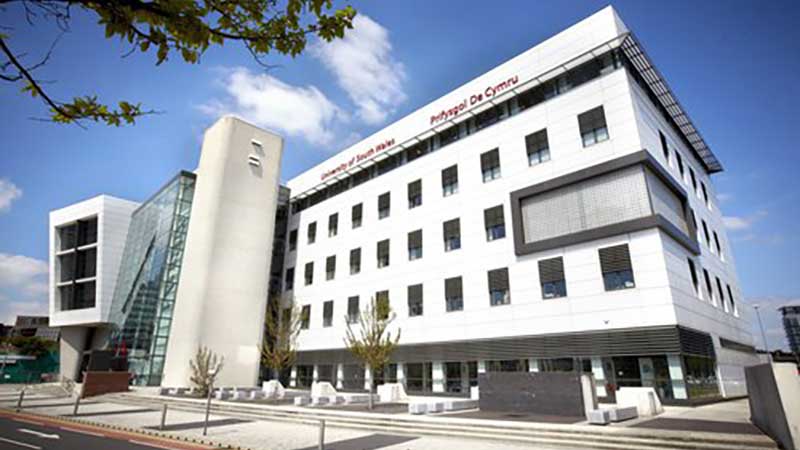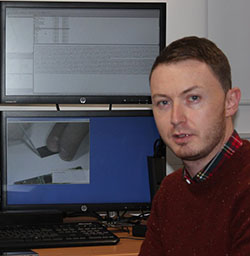

As part of the announcement, USW has said: “This is part of a Europe-wide project to train the next generation of computer security experts.” The project referred to his the Open Distributed European Virtual Campus on ICT Security which thankfully is abreviated to DECAMP.
“At the moment there are too few ICT security experts in Europe, and there are well-documented stories which show the difficulty of keeping up with those who want to hack into systems,” said USW computer forensics lecturer Gareth Davies.
“This strategic partnership will see the six universities complement each other strategically, with ICT security expertise in different areas passed on to the students who will be the first line of defence against any future attacks on the systems that we all rely on.”
Six universities focusing on DECAMP cyber crime project
There are six European universities involved in DECAMP teaching different skills:
- University of South Wales – Applied Forensics: This is an area that is essential to track who the perpetrators are. It also enables companies to clearly identify what happened, what was accessed and if they have cleared the threat completely.
- Munich University of Applied Sciences – Network Management and Computer Networks: Modern computer networks are complex to manage with on-premises, multiple cloud providers and even line-of business partners involved. Companies are struggling to cope with a mix of tools and there is a need to rationalise what is in use.
- Padua University in Italy – Wireless Networking: The increase in mobile applications and devices requires resilient wireless networks. 5G is already being worked on by many universities. The Internet of Things requires networks that can support very large numbers of devices. Connected cars require high Quality of Service and fault tolerance.
- Bucharest University – eHealth systems: This will support wearables and medical devices. There will be a high focus on security, standards and encryption.
- Helsinki University – web applications: Despite the 20 year history of web applications there are still issues with compatibility and security that are often easily exploited by cyber criminals.
- Cantabria, Spain – Cloud Networking: This overlaps with MUAS and it will be interesting to see what new security standards are derived from this particular project.
The really exciting part of this new is that from 2017 all students signing up for courses will be able to use a virtual environment and study any course irrespective of where they are located. To make this possible the virtual campus will run on the Moodle learning environment and each course will enable them to use the European Credit Transfer and Accumulation system (ECTS) to gain credits that will go towards their degree.
In support of DECAMP Davies said: “As an open platform, DECAMP provides a range of special features, which are novel and practical, as well as offering innovative hands-on virtual and real laboratories.
“This is precisely why the Faculty of Computing, Engineering and Science has placed such huge importance on ICT security for many years, and why we are part of this project to give our students access to some of the top experts in the field.”
Conclusion
The problem for many cyber security degrees is that they are taught by a single university which has a limited view on what is happening. By engaging six universities, each with a different focus on parts of the problem, students should be able to customise their degree. This will enable them to not only decide on what is their primary area of cyber crime but to gain experience of related areas.
It will be interesting to see how many students eventually take parts of their degree from the different universities.


























